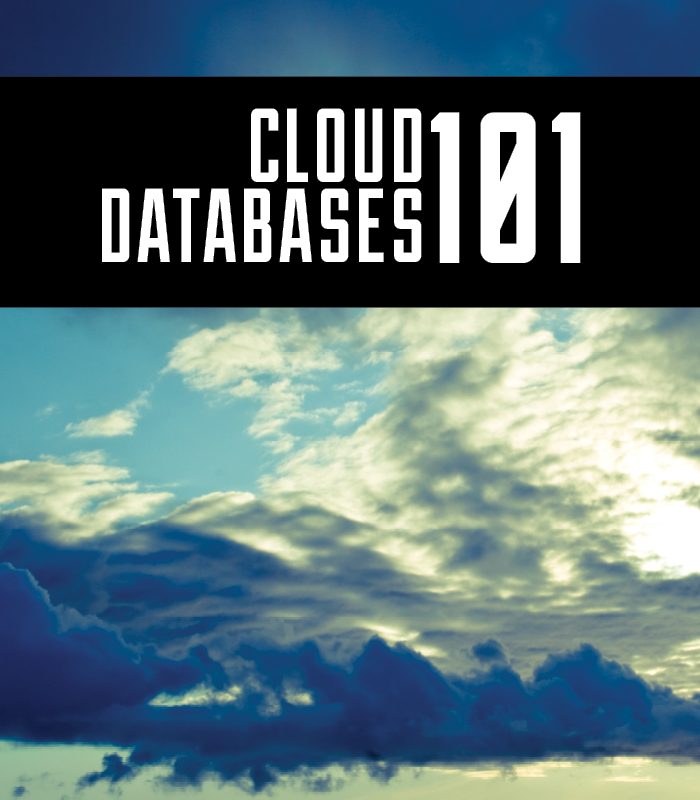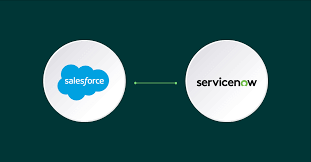As the cloud continues to grow in popularity, more business owners are considering incorporating it into their IT operations. Many different cloud services exist, and all can provide benefits for businesses. However, businesses just starting out in the cloud often begin by exploring cloud databases.
How Cloud Databases Work
Businesses purchase space on cloud databases from a database hosting provider. The database exists on the hosting provider’s computers, which the company accesses using its internet connection. Without the use of the cloud database, the business would be required to store and maintain all of its data in-house, which requires significant storage space and resources for processing and application development.
Benefits of the Cloud
Utilizing a cloud database offers several advantages over traditional in-house database management and dedicated database server leasing. For example, a cloud database is inherently scalable, which means that the business can use as little or as much space as it needs at any given time. In-house databases and dedicated servers, on the other hand, have definite capacities, which may or may not be used. If the company has more data to store than anticipated, the database won’t be able to hold it. Conversely, if the company doesn’t use all of the space, it wastes money and resources.
Cloud databases are also more convenient than in-house databases. While an in-house database can be accessed only from the company’s computer network, cloud databases are available anywhere an internet connection exists. Furthermore, because the hosting provider is responsible for testing, maintaining and repairing problems with the database, companies can focus their in-house IT efforts on other tasks.
Potential Drawbacks of Databases in the Cloud
Although databases in the cloud can offer many benefits, they also present challenges. For example, because the database’s host must maintain the database, the company must rely on the host to provide solutions when problems occur. If the database fails, the company must wait for the host to repair it. In some cases, the host may even lose the company’s data. Furthermore, if the hosting company doesn’t provide adequate security, the database may be vulnerable to hackers, identity thieves and other online attacks, which compromises the integrity of the company’s data. Users can mitigate these risks by carefully evaluating potential hosts and only proceeding with a contract when they’re sure that the cloud vendor meets high standards of excellence.
Who Should use a Cloud Database?
The ideal user of a cloud database is a company with a large amount of data to store and maintain and a limited supply of in-house database management resources. Ideal cloud users may also be companies that have the resources to manage a database on their own but want constant access to their data from any location. The company should also be able to afford a high quality database, in order to minimize the chances of loss or security breaches.
Regardless of the reason a company chooses to utilize a cloud database, shopping around is important. Don’t purchase cloud services from the least expensive provider without doing some research first. Look for a provider that has a good reputation, significant security measures and affordable prices.









